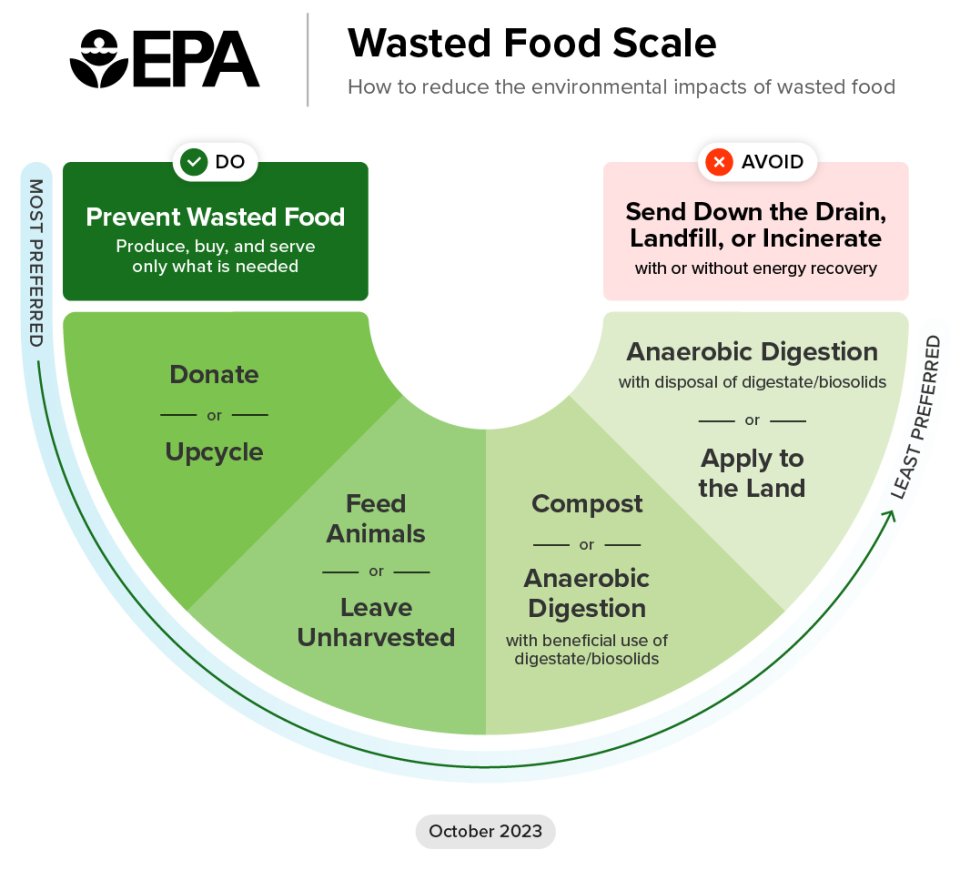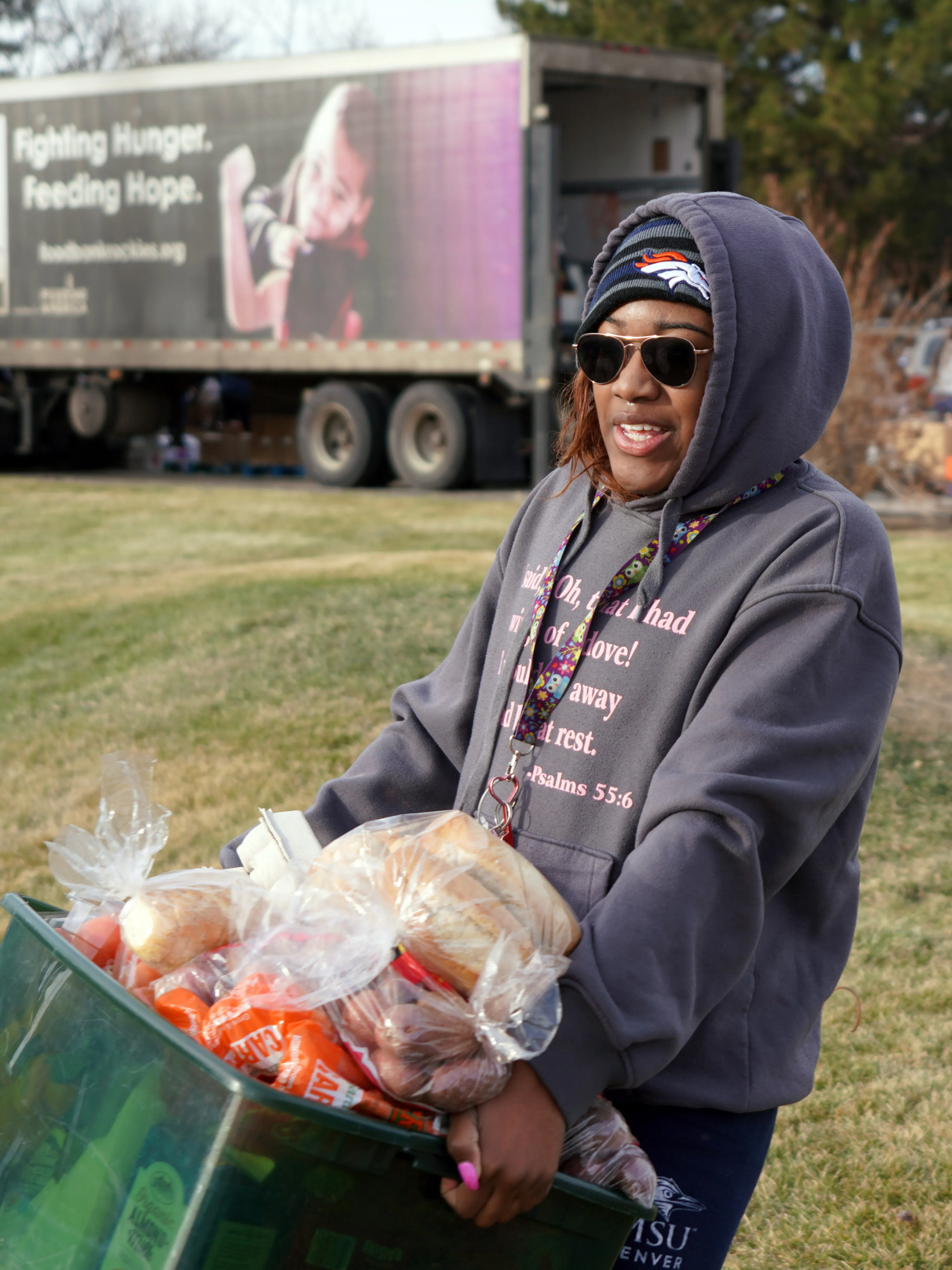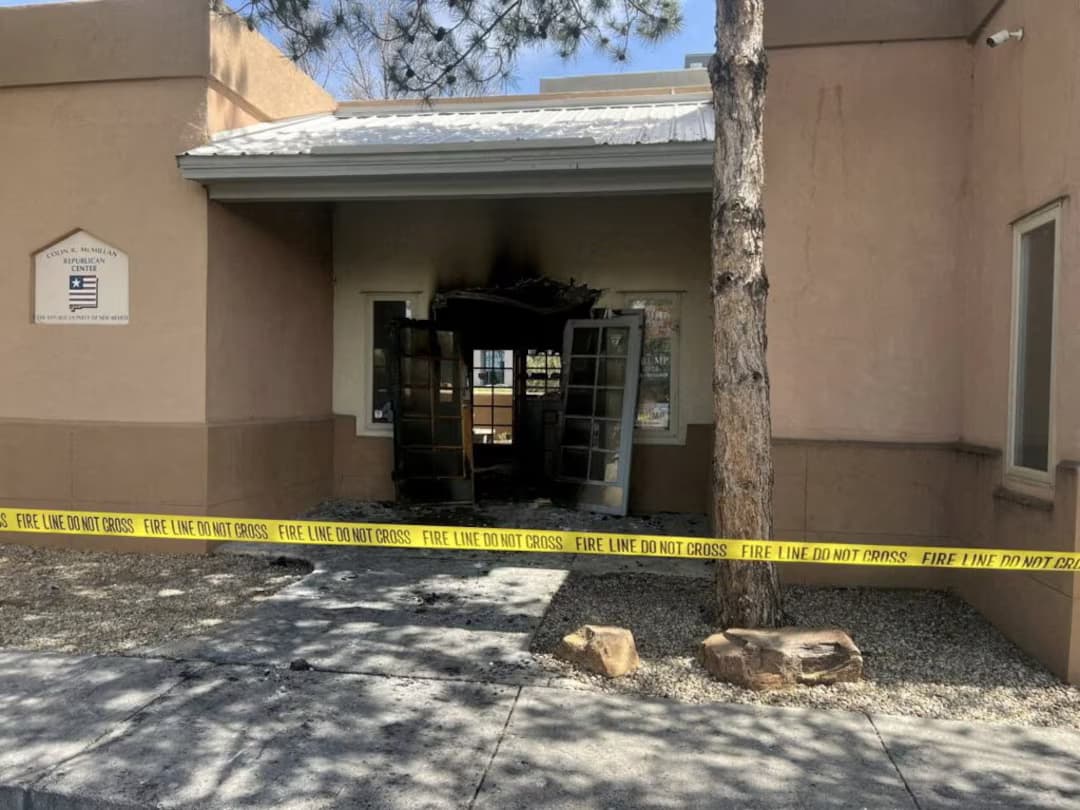As the GOP embarks on a ruthless campaign to dismantle the federal safety net, millions of Americans are bracing for an unprecedented hunger crisis. With more than $1 trillion cut from vital programs like SNAP and Medicaid, food banks across the country are left scrambling to fill an insurmountable gap that threatens to push families into deeper poverty.
Food Banks Face Unimaginable Challenges
Food banks are sounding the alarm, revealing that they are wholly unprepared for the tidal wave of need that is expected as cuts to the Supplemental Nutrition Assistance Program (SNAP) begin to take effect. According to Feeding America, the cuts could eliminate between 6 billion and 9 billion meals annually, equivalent to the total meals provided by the entire food bank network last year. This means food banks would need to double their operations, a task deemed impossible by leaders like Joree Novotny of the Ohio Association of Food Banks, who openly questioned, "There is no world in which I can imagine we double ourselves, into perpetuity."
Devastating Impact on Vulnerable Communities
The ramifications of these cuts will be felt most acutely in low-income communities and rural areas, where access to food is already limited. Rural families, many of whom supported Republican policies, will find themselves with fewer options as local food pantries struggle to meet demand. Vince Hall, chief government relations officer at Feeding America, noted, "Solving rural hunger is, by definition, much more expensive because you’re moving smaller quantities of food over much longer distances to serve smaller populations." This reality compounds the challenges faced by families who rely on SNAP benefits for basic sustenance.

Food Donation Basics | US EPA
GOP Justifies Cuts with Misleading Claims
Republicans defend these drastic cuts by painting a picture of waste and fraud within SNAP, invoking high payment error rates as justification for their actions. House and Senate Agriculture committee chairs G.T. Thompson and John Boozman stated that their proposed reforms will incentivize states to improve oversight and stop improper payments. However, this argument fails to recognize the vital role SNAP plays in preventing hunger and supporting local economies. According to the Center for American Progress, even marginal cuts to SNAP could lead to grocery store closures in low-income rural areas, further exacerbating food access issues.
Countless Families at Risk of Losing Benefits
As food banks brace for an influx of individuals seeking assistance, the upcoming changes to SNAP are poised to displace many families from the program. The expanded work requirements could force families out of SNAP eligibility, leaving them without the necessary resources to feed their children. The potential ripple effects extend to children who previously qualified for free school meals, underscoring the interconnected nature of these safety net programs.

Trump food stamps: Cuts to SNAP benefits puts pressure on ...
State Governments Struggle to Fill the Void
While some states like Minnesota and Pennsylvania are attempting to bolster their emergency food programs, the reality is that no amount of state funding can compensate for the scale of federal cuts. Celia Cole of Feeding Texas lamented, "There’s no amount of philanthropy that can make up for the size of the SNAP cuts," noting that Texas food banks alone lost approximately $85 million this year due to federal funding reductions. With state budgets already stretched thin, the future of food assistance remains uncertain as governors face tough choices between essential services.
The current political climate has weaponized the plight of the hungry, turning an issue of human dignity into a battleground for fiscal conservatism. As food banks become the frontline of defense against hunger, the question looms large: how much longer can they sustain this fight without the necessary support and resources?







![[Video] Gunfire between Iraqi security forces and Sadr militias in Baghdad](/_next/image?url=%2Fapi%2Fimage%2Fthumbnails%2Fthumbnail-1768343508874-4redb-thumbnail.jpg&w=3840&q=75)
